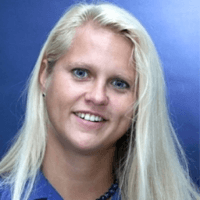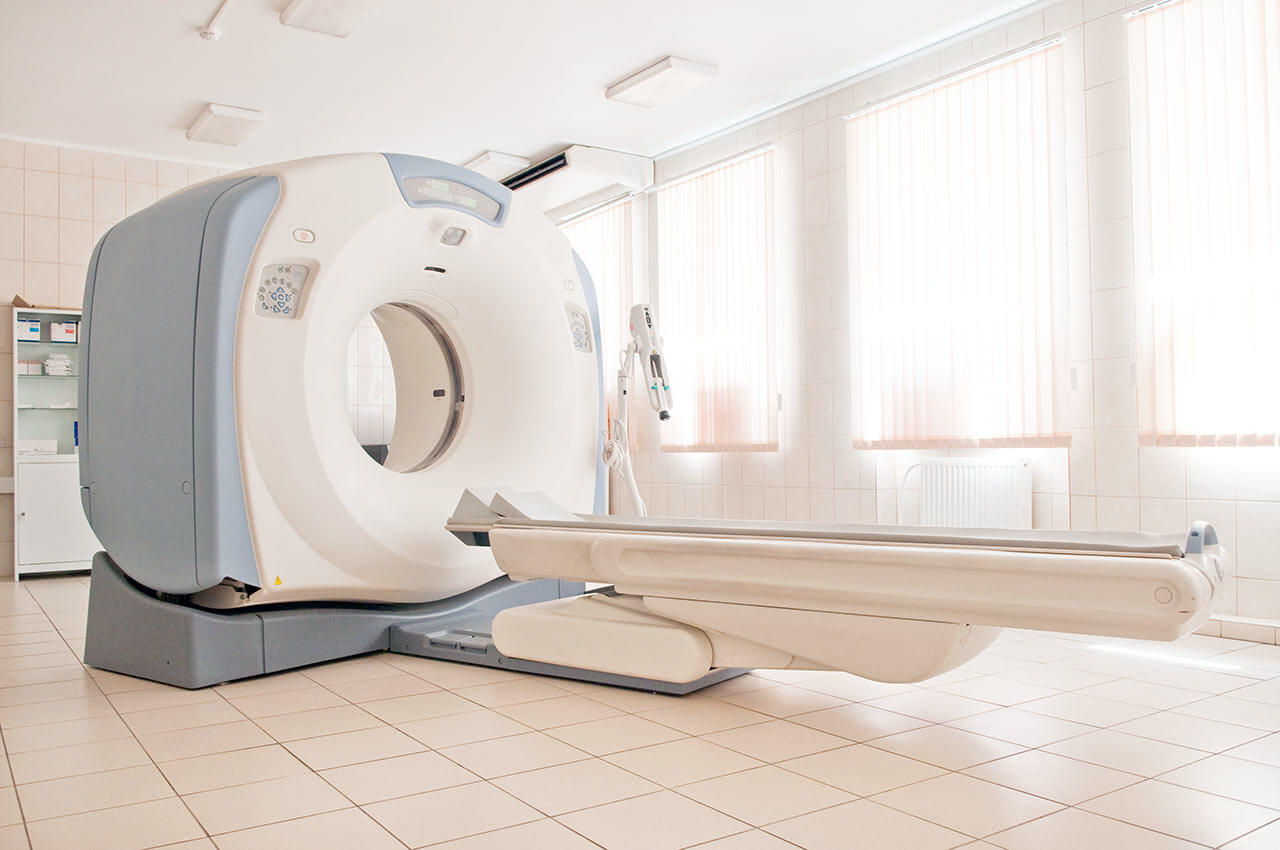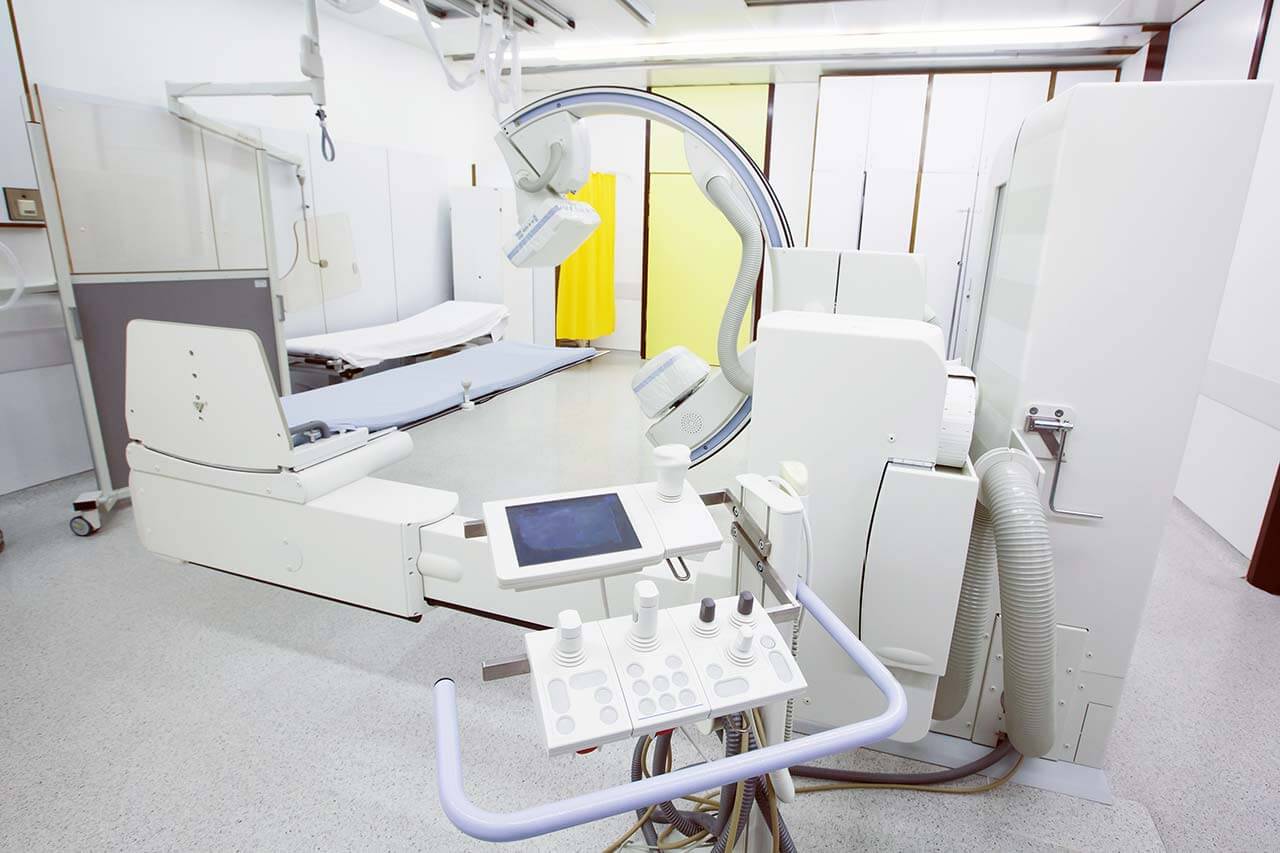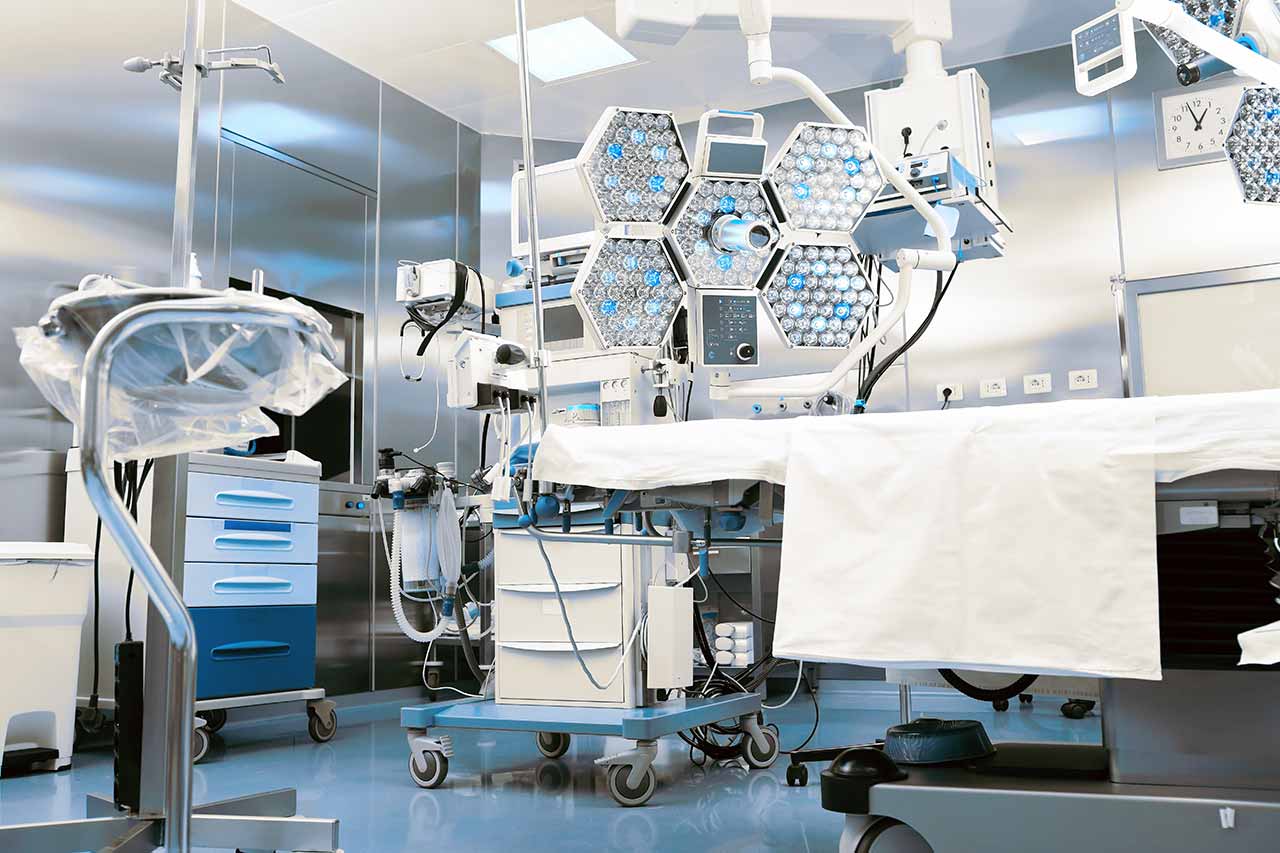
The program includes:
For 2 weeks before birth:
- Initial presentation in the clinic
- clinical history taking
- physical examination
- review of medical records
- laboratory tests:
- complete blood count
- biochemical analysis of blood
- indicators of inflammation (CRP, ESR)
- indicators blood coagulation
- pelvic ultrasound
- gynecological examination:
- transvaginal ultrasound
- colposcopy
- scraping with subsequent analysis
- fetal examination:
- 3 D sonography
- determine fetal position before delivery
- CTG
- nursing services
- treatment by chief physician and all leading experts
- maintaining an obstetrician until birth
Day of birth
- gynecological examination
- fetal examination
- preparation according to preoperative standard
- cesarean section
- symptomatic treatment
- control examinations
- the cost of essential medicines and materials
- nursing services
- full hospital accommodation
- explanation of future recommendations
After birth
- maintaining an obstetrician after birth
- examination during the postnatal period (during the first three weeks)
- control gynecological examinations during the postnatal period
- the first pediatric examination of the newborn
Required documents
- Medical records, obstetric history
Service
You may also book:
 BookingHealth Price from:
BookingHealth Price from:
About the department
The Department of Obstetrics and Perinatal Medicine at the University Hospital Freiburg offers comprehensive medical care for women before, during and after childbirth. About 1,450 babies are born annually in the department. The highly qualified specialists of the department provide patients with an individual approach, the highest quality of services and the best possible safety. The department regularly conducts childbirth courses. Also, the scope of tasks includes genetic testing to detect congenital anomalies of the fetus in the womb. The department is headed by PD Dr. med. Mirjam Kunze.
Even at the prenatal stage, doctors provide detailed consultations for patients, during which they explain possible options for childbirth, for example, classical and water delivery. If desired, the father may be present at the birth. The specialists of the department also take care of minimizing labour pains, and therefore they combine traditional medical methods of anesthesia with naturopathic methods, for example, homeopathy, acupuncture, aromatherapy.
Childbirth takes place in a specially equipped delivery room, consisting of several separate labor rooms. To ensure safe delivery and to eliminate possible problems with the mother or child, the department has a competent team comprised of the best obstetricians, pediatricians and anesthesiologists, as well as specially trained nurses who work around the clock.
In the field of perinatal medicine, expectant mothers are offered all types of modern ultrasound diagnostics at various stages of pregnancy. All modern methods of invasive prenatal diagnostics are also available in the department, for example, amniotic fluid analysis for testing the fetal karyotype (chromosomal set) or identification of specific hereditary diseases.
The service range of the department includes:
- Comprehensive medical care before, during and after delivery
- Special childbirth maternity courses
- Special child care training courses for expectant parents
- Classical methods of anesthesia and naturopathy (homeopathy, acupuncture, aromatherapy)
- Management of high-risk pregnancies
- Prenatal ultrasound examinations during all periods of pregnancy
- Invasive prenatal testing
- Amniotic fluid testing
- Chorionic villus sampling
- Cordocentesis (umbilical cord puncture)
- Intrauterine fetal interventions
- Neonatal intensive care
- Genetic testing (cytogenetic and molecular genetic tests) to diagnose hereditary diseases
- Other medical services
Photo of the doctor: (с) Universitätsklinikum Freiburg
About hospital
The University Hospital Freiburg is famous for its rich history and is one of the oldest and most prestigious medical facilities in Germany (one of the three best medical institutions in the country). The hospital was based on the Faculty of Medicine of the Albert Ludwig University of Freiburg, which celebrated its 550th anniversary in 2007. It should be noted that the hospital is proud of its world-renowned specialists, many of whom during their work here have become Nobel laureates.
The medical facility represents all fields of modern medicine. It consists of 42 departments, 11 institutes and 10 interdisciplinary centers. The highly qualified doctors of the hospital deal with the treatment and rehabilitation of patients with both common and rare diseases. All departments and institutes of the hospital take an active part in fundamental researches of international scale, due to which patients have access to the very latest achievements of medicine, advanced diagnostic methods, state-of-the-art medical equipment and proven effective methods of therapy.
The hospital has a variety of medical achievements, for example, the world's first TIPS procedure, the first implantation of the Jarvik-2000 artificial heart in Europe, the first robotic-assisted surgery on the brain, and the first combined cardiopulmonary transplantation in the land of Baden-Württemberg. In 2004, the University Hospital Freiburg became the first German hospital, which performed kidney transplantation in the incompatibility of blood groups. At the moment, the hospital belongs to medical centers with the greatest experience in performing such an operation.
An interdisciplinary approach to treatment, highly qualified staff, as well as individual patient care and a pleasant environment are key to the hospital’s success.
Photo: (c) depositphotos
Accommodation in hospital
Patients rooms
The patients of the hospital are provided with comfortable rooms with a pleasant design, which create a conducive atmosphere for recovery. The standard furnishing of the patient room includes a telephone, a free radio and TV, a device for calling medical staff, lockers and a safe, an adjustable bed, a chair and a table. The pediatric departments are designed with play areas. The patient may be accommodated in a single or double enhanced-comfort room (for example, with an ensuite bathroom) at an additional cost.
Meals and Menus
The patients are offered good three meals a day with a large selection of dishes. The patients inform about their wishes to the menu in advance, and this information is transmitted to the kitchen. Throughout the day, patients may drink mineral water and tea, which can be found in the department on special tables. The bedridden patients receive drinks from the nursing staff. Other drinks may be purchased at the hospital’s cafeterias and bistro, where patients can come along with visitors.
If you do not eat some products due to intolerance or other personal reasons, please notify the nursing staff in advance, so that all your wishes to be taken into account when preparing the menu.
Further details
Standard rooms include:
Television
All patient rooms have a free radio and TV. The patients can also watch the hospital’s own 24-hour channel with a varied program and interesting information.
Accompanying person
At the availability of free beds, the accompanying person may be accommodated in the same room with the patient, at an additional cost. In addition, the hospital offers special accommodation conditions for patients requiring long-term hospitalization. Parents have at their disposal special apartments in the children's hospital.





